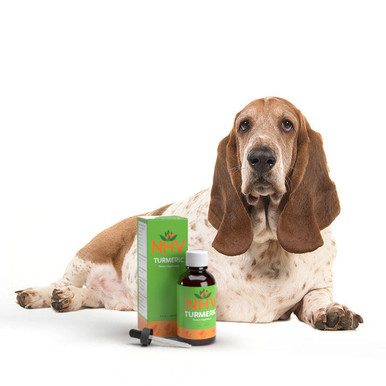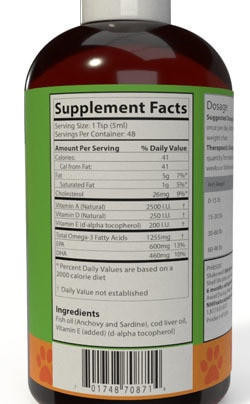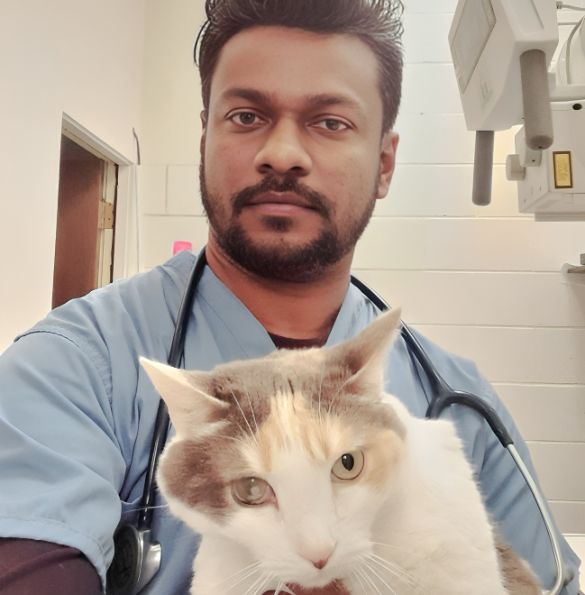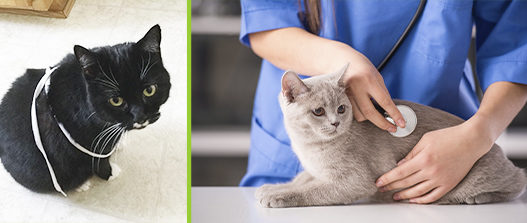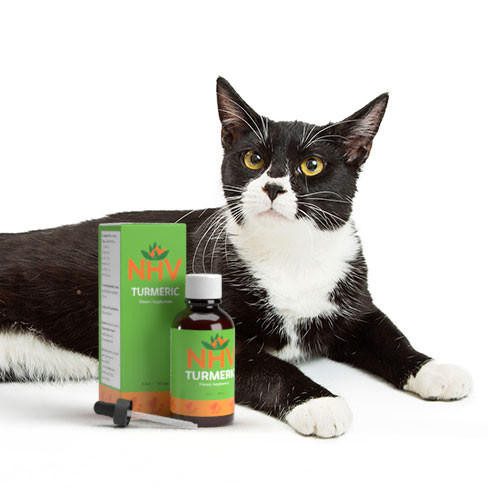

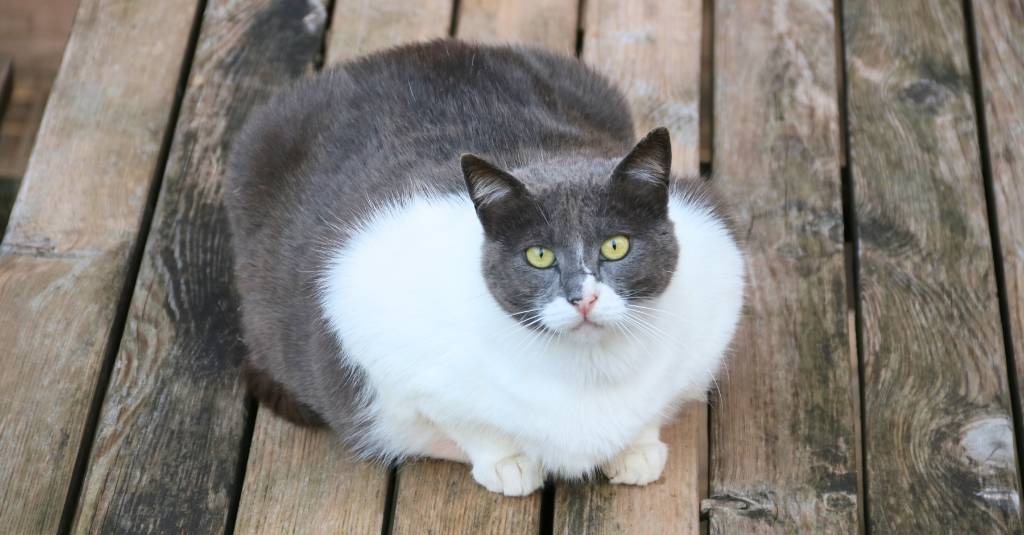
Obesity in pets is a growing concern that can significantly impact their health and overall wellbeing. Just like in humans, excess weight in pets can lead to multiple health issues, from diabetes to heart disease, and can shorten their lifespan. As responsible pet parents, it’s crucial to recognize the importance of making healthy choices to manage and prevent obesity in our fur kiddos. By understanding the causes, symptoms, and effective management strategies, we can help ensure our fur kiddos lead happy, healthy lives.
Symptoms
Recognizing the signs of obesity in pets is the first step toward addressing the issue. Common symptoms include:
- Weight Gain: Noticeable increase in body weight
- Difficulty with Movement: Struggling to move around, climb stairs, or jump
- Shortness of Breath: Breathing difficulties, especially after mild exertion
- Lethargy: Reduced energy levels and reluctance to engage in physical activities
Causes
Understanding the root causes of obesity in pets can help devise effective strategies to combat it. Key factors include:
- Overfeeding: Providing more food than necessary, often combined with calorie-rich treats
- Lack of Exercise: Insufficient physical activity leads to weight gain
- Genetic Predisposition: Some breeds are more prone to weight gain due to their genetic makeup. (Labrador Retriever/Golden Retrievers, Boxer, Beagle, Pug, Bulldog, Rottweiler, Basset Hound, Cocker Spaniel, Chow Chow, etc.)
- Underlying Medical Conditions: Hormonal imbalances like Hypothyroidism, Cushing’s Disease, Diabetes mellitus, and Insulinoma, and other health issues like Arthritis and Heart disease can contribute to weight gain, while certain medications, such as Steroids, can increase appetite and lead to weight gain as a side effect
Diagnosing Obesity in Pets
Proper diagnosis of obesity in pets involves several steps:
- Physical Exams: A thorough check-up by a veterinarian to assess body condition
- Increased Physical Activity: Encouraging regular exercise through walks, play, and interactive toys
- Blood Tests: To rule out medical conditions that might contribute to weight gain
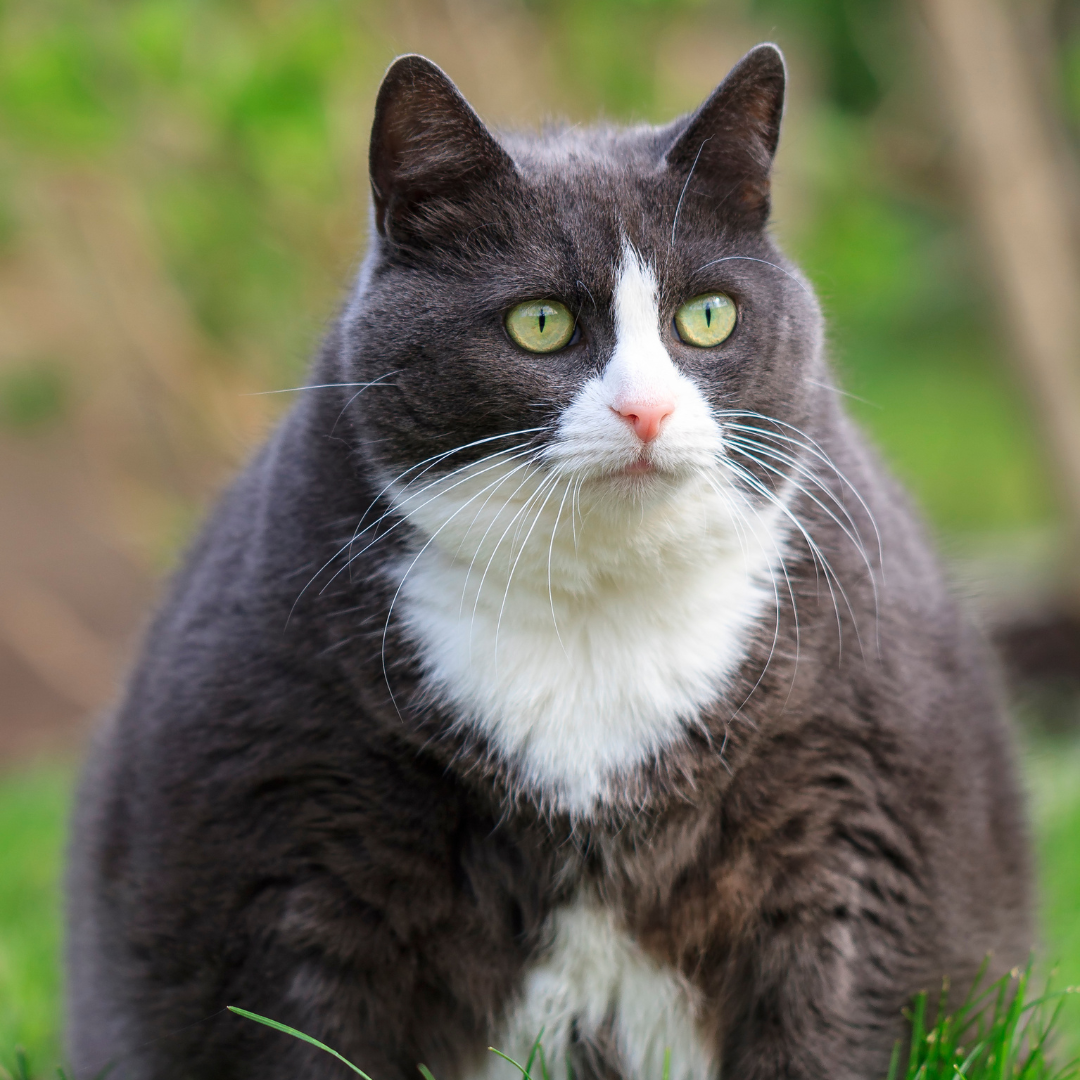
Treatment
Effective management of obesity in pets requires a multifaceted approach:
- Turmeric: The active compound in Turmeric is Curcumin, which is well-known for its anti-inflammatory, antioxidant, and antiseptic properties. Therefore, it aids in reducing inflammation and improving mobility, making it easier for pets to stay active and playful.
- PetOmega 3: A great source of EPA/essential fatty acids (Eicosapentaenoic Acid 600mg) and DHA (Docosahexaenoic acid 460mg) that support weight management, joint support, and comfort while promoting healthy heart function and enhancing the overall well-being of your fur kiddos. These qualities of PO3 help your pet enjoy an active lifestyle that prevents them from being overweight. (The American Journal of Veterinary Medicine has published studies on the benefits of omega-3 fatty acids for Arthritis and degenerative joint disease in dogs. The studies showed that dogs given omega-3 fatty acids had a significantly improved ability to get up from a resting position and marked improvement in walking ability)
- Multi Essentials: It contains herbs rich in antioxidants, minerals, and vitamins, which reduce lethargy and fatigue and increase energy levels in pets while supporting a healthy metabolism. Furthermore, it promotes strong muscles and bone growth. Altogether, these qualities help support general well-being and a happy and active lifestyle for your pet, which prevents them from being overweight and obese.
- Low-Calorie Treats: Low-calorie treats help prevent pet obesity by reducing caloric intake while still allowing for rewards. They support a balanced diet, encourage physical activity, promote weight management, and reduce the risk of obesity and obesity-related health issues.
Obesity in Pets Can be Helped – If You Play a Role
Managing and preventing obesity in pets is crucial for their long-term health and happiness. By recognizing the symptoms, understanding the causes, and implementing effective treatment strategies, we can help our pets achieve and maintain a healthy weight. Regular veterinary checkups, a balanced diet, increased physical activity, and supportive supplements like NVH’s Turmeric, PetOmega 3, and Multi Essentials all play a role in this process.
Taking proactive steps today ensures our pets enjoy a better quality of life tomorrow. Let’s commit to making healthy choices for our pets, helping them stay happy, active, and healthy for years to come.

Turmeric
Turmeric - A supper food that is beneficial for over all wellbeing
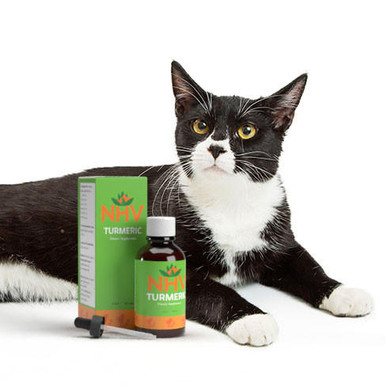
Turmeric - A supper food that is beneficial for over all wellbeing
- item number
- ph8100fb
- weight
- 0.7
-
Description
- item number
- ph8100fb
- weight
- 0.7
-
Ingredients
-
Dosage
overall vitality

Petomega 3 for cats
Petomega 3 for cats
For Overall Health and Well-Being
buy 2 and save $3
What is it?
An Omega 3 supplement for cats to support their joints, heart, eyes, immune system, and overall organ function.
How does it help?
- Joint support and comfort
- Supports skin and coat condition
- Renal and kidney support
- Supports the immune system
Why trust it?
Petomega 3 is made from human-grade fish, so your pet only gets the best.


What is it?
An Omega 3 supplement for cats to support their joints, heart, eyes, immune system, and overall organ function.
How does it help?
- Joint support and comfort
- Supports skin and coat condition
- Renal and kidney support
- Supports the immune system
Why trust it?
Petomega 3 is made from human-grade fish, so your pet only gets the best.

Our cat omega 3 supplement is naturally made from the oils of sardines, anchovies, and North Atlantic cod. It’s an excellent source of EPA (Eicosapentaenoic Acid 600mg) and DHA (Docosahexaenoic acid 460mg) essential omega 3 fatty acids. It’s molecularly distilled and cold-pressed to improve the bioavailability
Support your cat with human-grade quality omega 3 fish oil supplements. Many processed pet foods are deficient in this important nutrient. And according to the University of Maryland Medical Center, "It is very important to maintain a balance between omega-3 and omega-6 fatty acids in the diet. A proper balance helps maintain and even improve health."
It’s important for cats to get essential fatty acids through their diet. This omega 3 supplement for cats will help keep them healthy, and even finicky cats actually like to take it.
Benefits of Cat omega 3 supplements:
- Supports healthy cell growth
- Joint support and comfort
- Support skin and coat condition
- Support the immune system
- Eye health support
- Renal and kidney support
- Promotes healthy heart function
- Recommended by vets for cancer support
- item number
- PH8500c
- weight
- 1.4
- volume
- 8 fl. oz. (237ml)
- form
- liquid
- life stages
- adult, senior, kitten
- made in
- USA
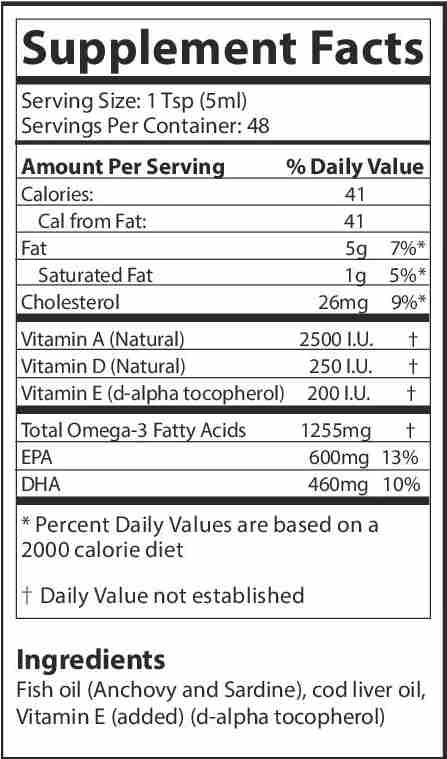
Suggested Dosage: To be taken once per day. Add to food based on weight chart.
Therapeutic Dosage: Double the quantity for maximum period of 4 weeks or follow veterinarian advise.
Pet’s Weight Dosage
0-15 lb = ¼ tsp
15-30 lb = ½ tsp
30-60 lb = 1 tsp
60-90 lb = 1 ½ tsp
How to Administer: Shake well before use. The easiest method is to add the dosage to your pets food. Some pets can be finicky, if this occurs consider hiding the appropriate amount in food most pet’s love such as fish, chicken, yogurt, or a favorite treat. If your pet only eats dry food then soak kibbles at feeding time.
For Best Results
Dietary supplements are beneficial to the health and well-being of your pet and are safe for long-term use. Every pet responds to natural supplements differently, therefore it is important to be consistent and administer the product daily. Supplements generally take two to four weeks to take effect, however this will vary from one animal to the next.
Product Storage
All NHV Natural Pet Products contain no artificial additives, preservatives or coloring. Shelf life after opening is 6 months and must be refrigerated after opening.
Cautions and Contraindications
Avoid During Pregnancy.
-
Description
Our cat omega 3 supplement is naturally made from the oils of sardines, anchovies, and North Atlantic cod. It’s an excellent source of EPA (Eicosapentaenoic Acid 600mg) and DHA (Docosahexaenoic acid 460mg) essential omega 3 fatty acids. It’s molecularly distilled and cold-pressed to improve the bioavailability
Support your cat with human-grade quality omega 3 fish oil supplements. Many processed pet foods are deficient in this important nutrient. And according to the University of Maryland Medical Center, "It is very important to maintain a balance between omega-3 and omega-6 fatty acids in the diet. A proper balance helps maintain and even improve health."
It’s important for cats to get essential fatty acids through their diet. This omega 3 supplement for cats will help keep them healthy, and even finicky cats actually like to take it.
Benefits of Cat omega 3 supplements:
- Supports healthy cell growth
- Joint support and comfort
- Support skin and coat condition
- Support the immune system
- Eye health support
- Renal and kidney support
- Promotes healthy heart function
- Recommended by vets for cancer support
- item number
- PH8500c
- weight
- 1.4
- volume
- 8 fl. oz. (237ml)
- form
- liquid
- life stages
- adult, senior, kitten
- made in
- USA
-
Ingredients

-
Dosage
Suggested Dosage: To be taken once per day. Add to food based on weight chart.
Therapeutic Dosage: Double the quantity for maximum period of 4 weeks or follow veterinarian advise.
Pet’s Weight Dosage
0-15 lb = ¼ tsp
15-30 lb = ½ tsp
30-60 lb = 1 tsp
60-90 lb = 1 ½ tsp
How to Administer: Shake well before use. The easiest method is to add the dosage to your pets food. Some pets can be finicky, if this occurs consider hiding the appropriate amount in food most pet’s love such as fish, chicken, yogurt, or a favorite treat. If your pet only eats dry food then soak kibbles at feeding time.
For Best Results
Dietary supplements are beneficial to the health and well-being of your pet and are safe for long-term use. Every pet responds to natural supplements differently, therefore it is important to be consistent and administer the product daily. Supplements generally take two to four weeks to take effect, however this will vary from one animal to the next.
Product Storage
All NHV Natural Pet Products contain no artificial additives, preservatives or coloring. Shelf life after opening is 6 months and must be refrigerated after opening.
Cautions and Contraindications
Avoid During Pregnancy.
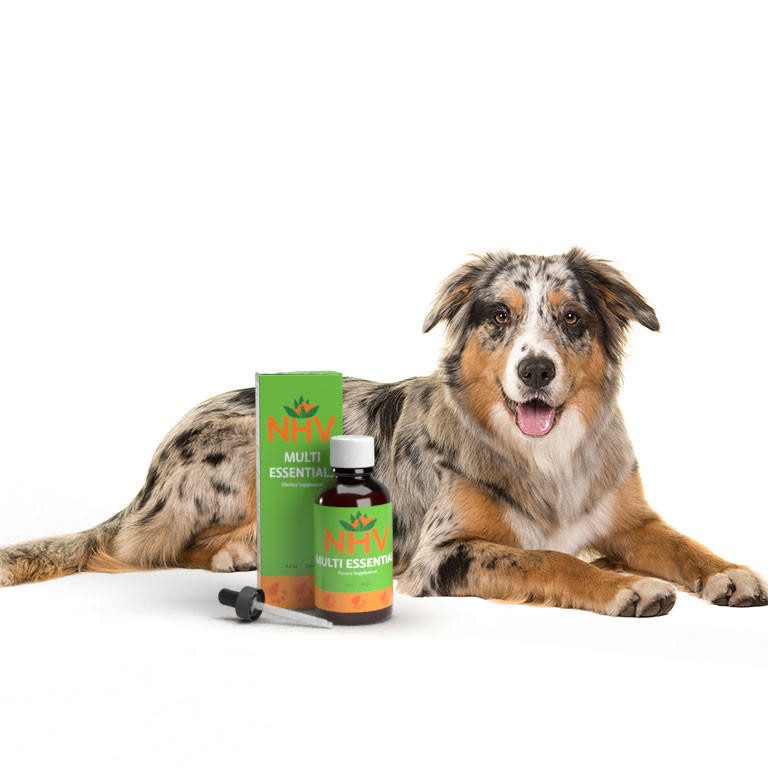
Multi Essentials for Pets – Nutritional Support
Multi Essentials - blend of herbs that have good nutrional value for over all health of pets

Multi Essentials - blend of herbs that have good nutrional value for over all health of pets
- item number
- ph1200fbd
- weight
- 0.7
-
Description
- item number
- ph1200fbd
- weight
- 0.7
-
Ingredients
-
Dosage
Published: June 14, 2024

 USD
USD
 Canadian Dollars
Canadian Dollars

